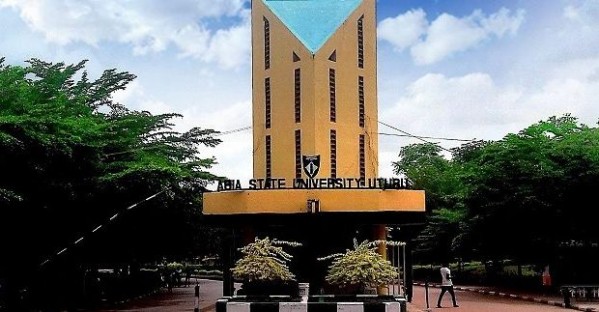Barley one day after the Red Chambers of the National Assembly passed a hurried resolution to re-introduce toll gates on federal roads, anger, venom and anxiety have been trailing the move.
Apart from pockets of rejection by several organized bodies, the leadership of the Nigerian Labour Congress (NLC) through the Chief Scribe, Dr Peter Ozo-Eson, said that Nigeria’s policy making processes needed to be interrogated.
The Labour leader in his anger-laden reaction said, “We used to have toll gates and we started them under pressure from the World Bank and International Monetary Fund, among others.
“We built a number of toll gates and the government itself came and tore down those structures.
“To come back again to re-introduce the toll gates means another waste of public resources and this shows that something is fundamentally wrong.”
The general secretary said that the initial implementation of the toll gates suffered a lot of setback due to a number of issues.
He also noted that the nation never benefited from the first experience as some set of people fed fat on the tolls and the roads were never maintained.
He said, “Unless we are able to put in place a mechanism that will ensure that the revenues from the tolls are used for the development and maintenance of the roads, any attempt to bring the toll gates will again be a failure.
“The proposal is questionable, coming at a time when people are facing undue hardship, including high cost of living occasioned by policies of government.”
Ozo-Eson said that the proposed reintroduction of tolls at this time would be excessively worrisome to all Nigerians.
He said that such a policy would further escalate inflation rate which peaked at 17.6 per cent in August.
He argued that the need for revenue generation and the hardship faced by the people should be placed side by side in reaching a decision on the matter.
It would be recalled that tolls were abolished by former President Olusegun Obasanjo in 2004, who argued that the revenue for road maintenance should rather be generated from an increased pump price of petrol.









